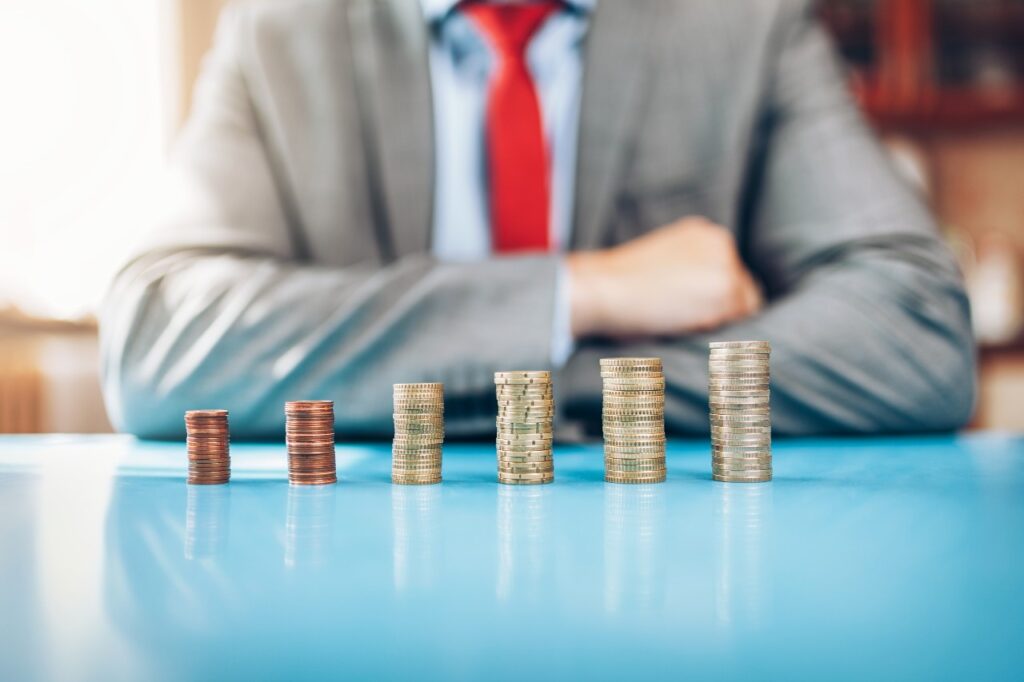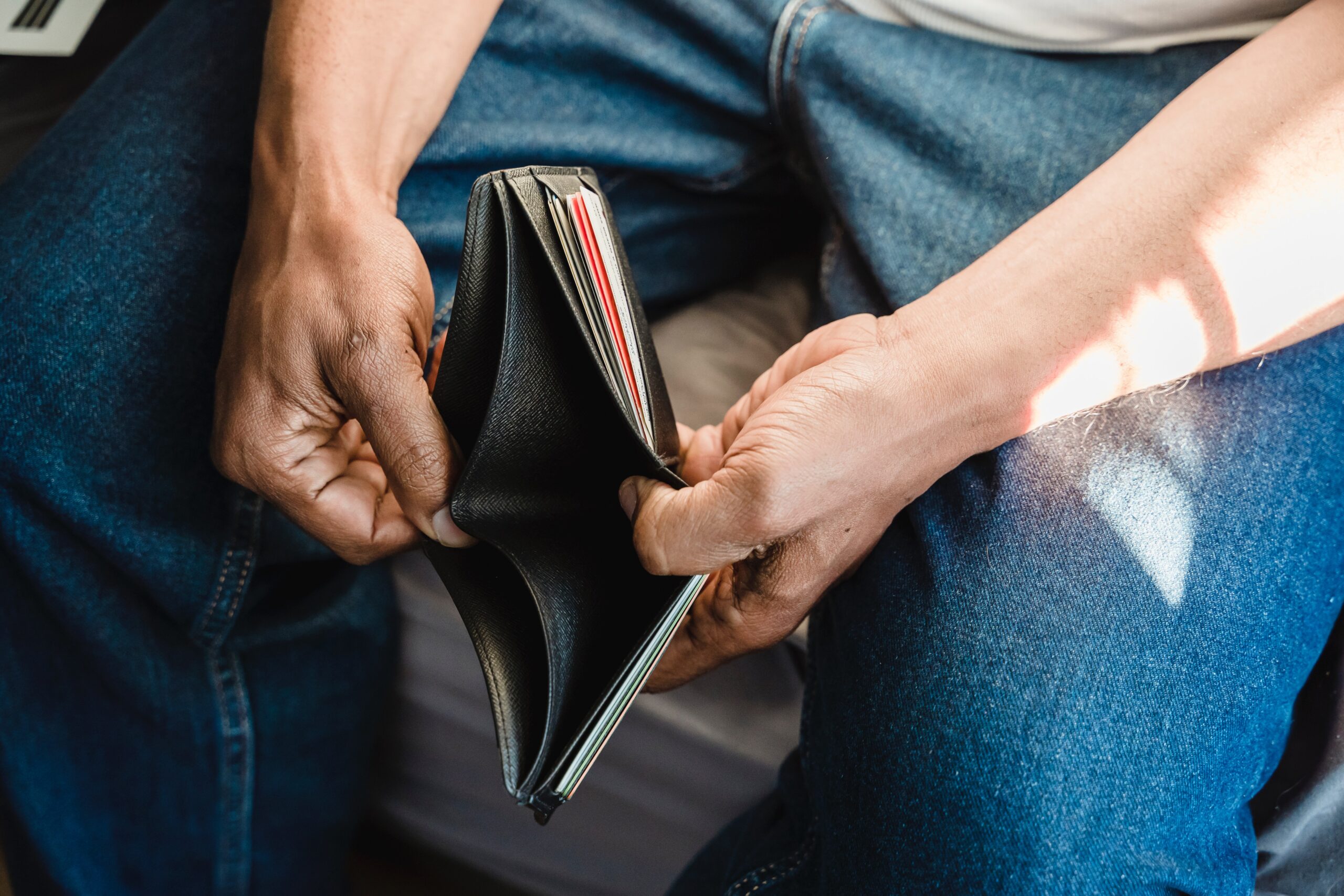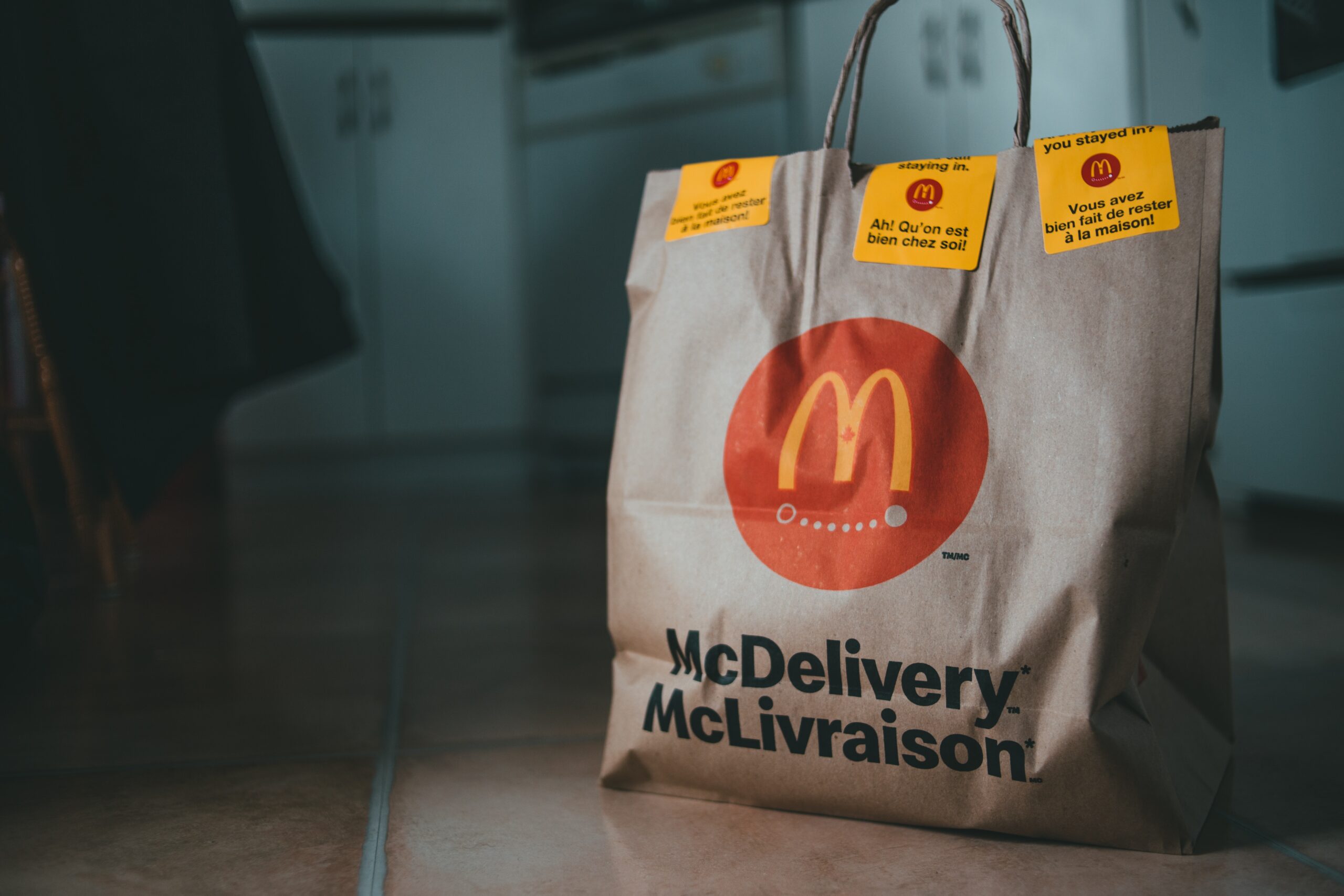Having a proper emergency fund is something we should all strive for. That security blanket can come in handy when we are in a pinch. Today we will do through the greatest tips we have found in order to build up your emergency fund.
It’s generally recommended to have an emergency fund with enough money to cover your expenses for at least three to six months. This can help you weather financial emergencies, such as a job loss, unexpected medical expenses, or natural disasters.
The specific amount of money you should have in your emergency fund will depend on your individual circumstances, such as your income, expenses, and any debts you may have. Some factors to consider when determining the size of your emergency fund include:
- Your monthly expenses: Calculate how much money you need to cover your essential expenses, such as housing, food, utilities, and transportation, for at least three to six months.
- Your income: Consider how much income you have coming in and how stable it is. If you have a stable, full-time job with a steady income, you may need a smaller emergency fund than if you have a part-time or freelance job with fluctuating income.
- Your debts: If you have high-interest debt, such as credit card debt, it may be a good idea to have a larger emergency fund so you can pay off your debts in the event of a financial emergency.
In general, it’s a good idea to aim for an emergency fund that is large enough to cover your essential expenses for at least three to six months. This can help give you peace of mind and financial security in case of unexpected expenses or income disruptions.
5 Tips to Starting an Emergency Fund:
Starting an emergency fund can help give you financial security and peace of mind in case of unexpected expenses or income disruptions. Here are five tips to help you get started:
1. Determine how much money you need: Calculate how much money you need to cover your essential expenses, such as housing, food, utilities, and transportation, for at least three to six months. This will give you a good idea of how much you should aim to save in your emergency fund.
2. Set a goal: Once you know how much money you need to save, set a goal for yourself and create a plan to reach it. This may involve setting aside a certain amount of money each month or finding ways to increase your income.
3. Choose a savings account: Look for a savings account that offers a good interest rate and easy access to your money. A high-yield savings account or a certificate of deposit (CD) may be good options for an emergency fund.
4. Automate your savings: Set up automatic transfers from your checking account to your emergency fund to make it easier to save. This way, you won’t have to remember to transfer money manually each month.
5. Avoid dipping into your emergency fund: It’s important to resist the temptation to use your emergency fund for non-emergency expenses. Only use the money in your emergency fund for unexpected expenses or income disruptions.
Remember, building an emergency fund takes time and discipline, but it’s well worth the effort. Having an emergency fund can give you financial security and peace of mind, knowing that you have a safety net in case of unexpected expenses or income disruptions. It is also crucial to budget during this time, check out our article on our favorite budgeting apps.

Best Places to Keep your Emergency Fund:
No, having a stack of cash under your mattress probably is not the best place for your emergency fund!
There are several options for where you can set up your emergency fund:
Savings account: One option is to set up a separate savings account specifically for your emergency fund. Look for a savings account with a high interest rate and no or low fees.
Money market account: A money market account is another type of savings’ account that typically offers higher interest rates than a traditional savings account. Money market accounts may also offer check-writing and debit card privileges, which can be helpful in case you need to access your funds quickly.
Certificate of deposit (CD): A CD is a type of deposit account that pays a fixed interest rate for a set period of time. CDs usually have a longer term than savings or money market accounts, and the interest rate is typically higher. However, you may face a penalty if you need to withdraw your funds before the CD matures.
Online savings platform: Another option is to use an online savings platform, such as an online bank or a high-yield savings account. These platforms often offer higher interest rates than traditional banks, as well as easy access to your funds through an app or online banking portal.
Ultimately, the best option for you will depend on your individual needs and financial goals. It’s important to shop around and compare different options to find the one that works best for you.
Key Takeaways for your Emergency Fund:
An emergency fund is an important part of a well-rounded financial plan, as it can provide a financial cushion in case of unexpected expenses or setbacks. Here are a few reasons why an emergency fund is important:
- To protect against financial emergencies: unexpected expenses can arise at any time, such as a medical emergency, car repair, or home repair. An emergency fund can help you cover these costs without having to rely on credit cards or loans, which can be expensive and burdensome.
- To help you weather financial storms: An emergency fund can also be a helpful buffer in case of a financial crisis, such as a job loss or natural disaster. Having a savings buffer can help you pay your bills and maintain your standard of living until you can find a new job or get back on your feet.
- To reduce financial stress: Having an emergency fund can also help reduce financial stress, as you’ll have a safety net in place in case of unexpected expenses. This can help you feel more secure and financially stable, knowing that you have a plan in place to deal with unexpected events.
Overall, an emergency fund is a valuable tool that can help you weather financial storms and protect your financial well-being. It’s a good idea to set aside at least a few months’ worth of living expenses in an emergency fund to ensure that you have a financial cushion to fall back on in case of unexpected events.








